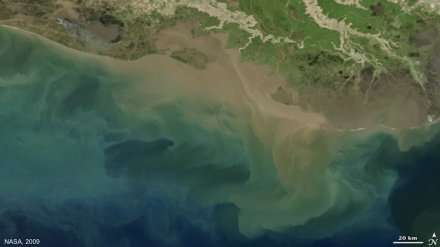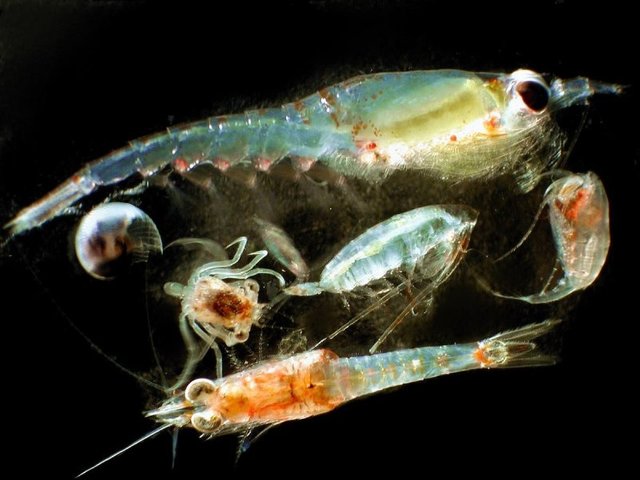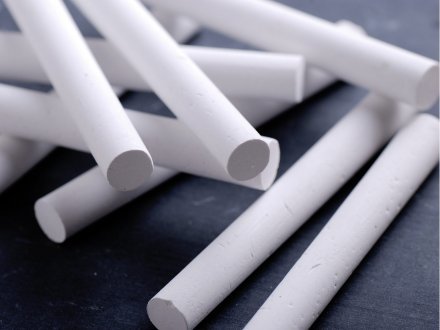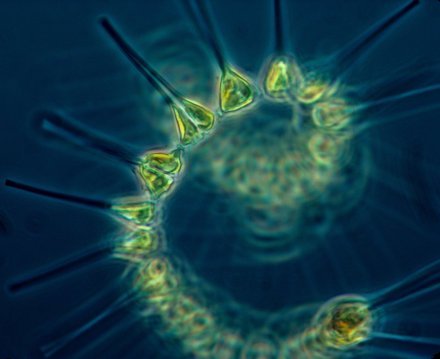They are not an animal or a plant, they are found in marine and freshwater bodies of tiny creatures that depend on the flow of water in the body. It is so small that it is unable to swim against the current. The name Plankton also comes from this feature of theirs. There are two types of plankton in ponds; Phytoplankton and zooplankton.
As children, we used to write on chalk on school blackboards or slates, the credit for making those chalks goes to Plankton. We are now losing chalk-slate due to the power of whiteboards and markers.
Although the contribution of bacteria to human life is discussed in detail everywhere, plankton is not discussed in detail. The biggest thank you for contributing to the balance of this earth is due to plankton, especially phytoplankton (Greek phyto means plant, meaning they are capable of photosynthesis like plants). Bacteria are not excluded from phytoplankton, some bacterial species are also included in phytoplankton.Only these names are mentioned in our curriculum, but their importance is rarely discussed. Plankton's contribution to the food chain is undeniable. Here too they have been left out of the discussion. We have no problem with the fact that the food chain of the terrestrial part of the earth is just as important as the food chain of the aquatic part.According to researchers, more than half of the world's photosynthesis takes place through these phytoplankton. However, there are differences. It is so small, it cannot be seen with the naked eye; It is also very complicated to calculate the photosynthesis organized in all the water bodies of the world. However, scientists agree that phytoplankton is the source of 50-65% of the oxygen in the Earth's atmosphere.
Scientists also believe that the oxygen we receive every time we breathe contains oxygen produced by marine phytoplankton.
As a result, we use reservoirs like ponds, rivers, and seas at will. Everything we use every day goes to the ponds. When we are tied up to throw dirt on the roadside, we raise our voice for cleanliness. But our role in marine cleanliness is very small.Although many organizations in the developed world raise their voices, this practice is limited in our country.
The fact is that we have forgotten that water bodies also have a way of life. A pond is not only a source of fish, it is also a huge source of food for our survival. This contribution to the reservoir began with Plankton.In photosynthesis, plankton prepares glucose and oxygen from sunlight using a combination of carbon dioxide and water. Considering half of the Earth's photosynthesis, 50 billion tons of carbon dioxide is used in the atmosphere each year, producing 125 billion tons of glucose; Which is an essential food source for all life, including mankind.Since phytoplankton produces glucose, the food chain in the reservoir begins with this phytoplankton. Animal plankton, which are incapable of photosynthesis, are called zooplankton. There are two types of zooplankton, holoplankton and meroplankton.Holoplankton live as plankton all their lives. Meroplankton, on the other hand, exist only as plankton at a certain time or stage of their life; Such as the larval stage of some fish species or crabs.
Some of the zooplankton are herbivores, phytoplankton are the food of this herbivorous zooplankton. In this way the food chain runs upwards, the herbivorous zooplankton again the carnivorous zooplankton food. All plankton are again eaten by fish. One by one, all the plankton are the food source of all the organisms in the pond.The food chain goes to the largest creature in the reservoir. The bottom line is that without plankton, we would not be able to see fish, an important food source in the water. And think of the people around the world whose livelihoods are directly involved in fishing.
For photosynthesis, phytoplankton have to be located close to the sea surface, as far as sunlight can reach. In addition to oxygen production, phytoplankton also plays a role in the carbon cycle of the atmosphere. The lion's share of carbon dioxide transfer from the atmosphere to the sea is accomplished by phytoplankton.From this it is understood that if there is a difference in the number of phytoplankton in the reservoir, its effect may also be reflected in the climate of the earth.

If we are not aware of the need to protect marine life right now, the amount of plankton will continue to decrease, but its effect will be seen in all marine life. This effect will begin to be reflected in terrestrial animals sometime in the future. As a result, our lives may begin to be strained. Then once again mankind will become helpless to nature. Instead, start preparing now.


